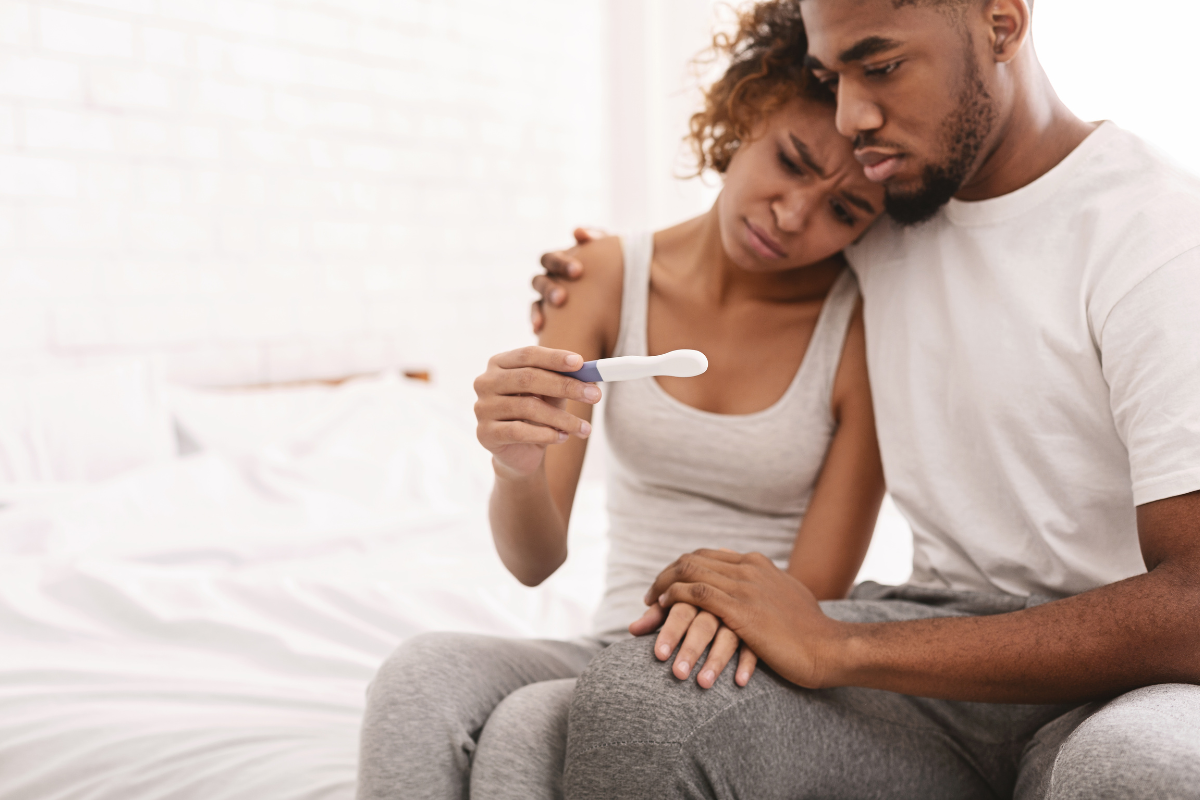How important is the thickness of the lining to implantation? Are there actual data-supported things that can be done to thicken it outside of the protocols prescribed by a reproductive endocrinologist?
— Thin Lining
Implantation is one area of reproductive medicine where we understand relatively little, making the uterus somewhat of a black box.
What we do know is that in order for an embryo to successfully implant, it has to attach to the uterine lining and connect to the lining’s blood flow (a process ironically called “invasion”).

We also know that there is only a short “window” where this can occur, and it is during this window that the lining has “matured” to the point where an embryo can successfully attach (and invade). The trick with fertility treatments is to be able to identify when that window is for each specific person. Endometrial thickness is one of the best ways we currently have for doing this.
How much importance is placed on the thickness largely depends on what type of fertility treatments are being performed. With oral medication and IUI cycles, there is less agreement on how important the endometrial lining is, although many specialists agree that it may not be necessary to cancel these cycles due to lining thickness.
With embryo transfers after IVF, however, there is more data showing that there may be an optimal thickness range, though there is no consensus on what that range is. With that being said, many of these same studies have shown that a lining thickness of less than 6 mm has a lower chance of leading to a live birth. So with embryo transfers, a thin lining is not ideal.
Unfortunately, there isn’t great data to guide decisions about how to proceed here. Treatments like platelet-rich plasma and granulocyte colony-stimulating factor have been studied and, unfortunately, have not been found to have an effect.
But that doesn’t mean that there aren’t things you can do. Your reproductive endocrinologist may suggest changing the dose or route if you are taking estrogen, and maybe even keep going to see if time improves things on its own. It is also totally reasonable to cancel that cycle and start again fresh, perhaps with a different protocol. Whatever you decide, it’s important that you feel good about your treatment, so if there is something specific you are thinking of, it’s worth bringing it up to your physician.
Community Guidelines

















Log in